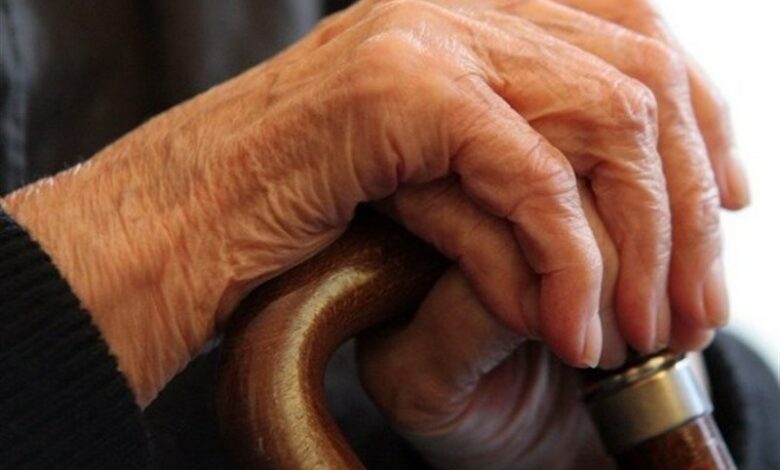The narrative of “Focus” magazine about the increasing poverty of German pensioners

| In an article, a German publication addressed the difficult living conditions of retirees in Germany due to high inflation and low salaries. |
Unlike many other women who stopped working or turned to part-time work to take care of their children. Buckentin has worked full-time his entire career. The pensioner lives in Berlin-Neukollen with her severely depressed son, who she cares for.
The 81-year-old woman today lives on a monthly pension of €1,115. He lives very frugally. Anything beyond fixed costs – rent of more than 800 euros, electricity and gas, insurance, telephone, radio license fee – is no longer possible for him. As a rule, he will not be able to pay for medicine, food or household goods without the financial support of his family and friends.
Meanwhile, many elderly German citizens have conditions such as Buckenstein.
According to the Federal Bureau of Statistics, the poverty rate among retirees age 65 and older reached an all-time high of 22.4 percent (2022) (18.6 million). Accordingly, their situation in Bremen, Berlin and North Rhine-Westphalia is very unstable. Women are disproportionately affected: in Germany, one in five women aged 65 and over is at risk of poverty. Women’s retirement income has recently been on average about a third less than men’s.
According to Irene Goetz, a cultural scientist in Germany, physically demanding jobs such as nursing, which are mostly done by women, are often It leads to early retirement.
Goetz researched this phenomenon for five years and published the book “No Pension – How Women Cope With Poverty in Old Age”. Especially in cities, single people can hardly cope with the average statutory pension. Widows with a working-class immigrant background are often affected.
Inge Buckentin rides a bike despite her old age – also to save money on public transport. he is doing it. But for weeks he has no money to buy the necessities of life. New or luxurious clothes and going to restaurants have not been a part of her life for years.
Inflation in Germany, which in 2022 will reach its highest level in more than forty years, will significantly increase the poverty of the elderly. has worsened. Andreas Ost of the Center for Joint Research on Social Policy explains that the expansion of spending was more than the adjustment of pension payments. Low income people are also more affected by inflation. The drivers of inflation – energy and food – account for a larger share of their expenses.
In this situation, the German federal government has announced that total taxes and social security contributions for pensioners have increased significantly, and It is expected to reach around 124 billion euros this year. This news is revealed by referring to the response of the German Ministry of Finance to the request of Sahra Wagenknecht, a member of the Bundestag, which was sent to the German news agency. Wagenknecht criticized this situation and called for a tax break for small and medium-sized pensioners.
Wagenknecht called for a change of course and criticized that the government is digging deeper into the thin wallets of the elderly. May digs.
He emphasized that taxes and pension contributions to retirees now exceed the total federal subsidy for retirement — which is outrageous. The burden of taxes and insurance premiums should be reduced. The share of health and nursing insurance has increased too much, and the abolition of the pension tax should be on the agenda. Wagenknecht said: These reforms were a fatal mistake. We need tax relief for all statutory pensions up to at least €2,000.
end of message/
| Publisher | Tasnim News |


